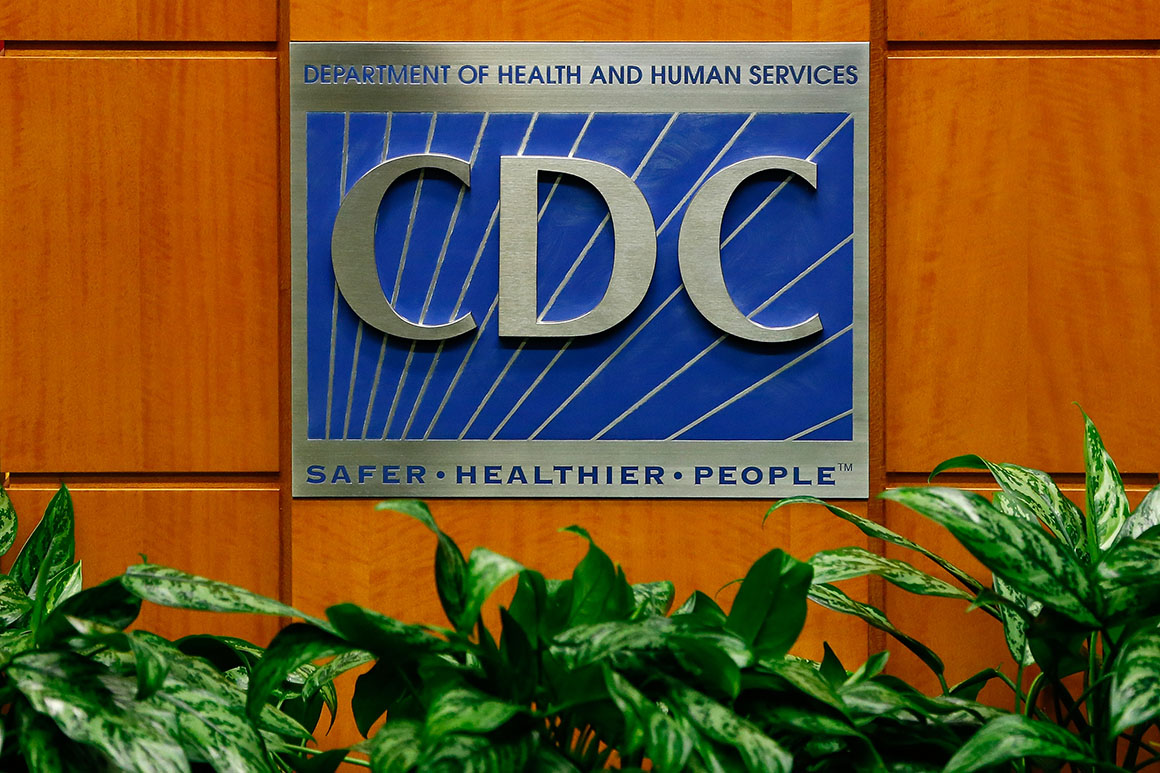
Vaccines and treatments
The package would send $826 million to the National Institute of Allergy and Infectious Diseases to drive the development of coronavirus vaccines, treatments and tests. The FDA would get $61 million to speed up review of these new therapies and respond to possible drug and device shortages stemming from manufacturing disruptions at the virus’ epicenter in China.
States and localities
Despite a growing outcry over the cost of testing and treating patients, Congress didn’t explicitly address how to handle funding for mandatory quarantines or the uninsured. The package would send $950 million in state and local grants, with half of the money due within 30 days. States will receive a minimum of $4 million.
The funding comes as a coronavirus response is already putting major stress on state and local health departments, which are historically underfunded. They’re already spending money on staff, supplies and mandated quarantines. The legislation would reimburse states and counties for what they spent to prepare for and mitigate the virus between Jan. 20 and whenever the funding package is enacted. Funds can be used to build or renovate facilities.
Stockpiles and supplies
The package includes about $3.1 billion to purchase medical supplies for state and local health departments to beef up the Strategic National Stockpile, the largest national repository of emergency treatments. It will also provide additional resources for states and assist federal efforts to develop vaccines and therapeutics, as well as hospital preparedness.
Another $300 million would help the government buy vaccines and treatments once they are approved. Democrats and Republicans had argued over how to ensure the government doesn’t overpay for these products. The legislation specifies that products purchased with these funds must meet federal acquisition guidance “on fair and reasonable pricing.” It also empowers the HHS secretary to ensure that any vaccines, drugs or diagnostic tests developed from funds provided by the bill “will be affordable in the commercial market,” but doesn’t specify how affordability will be determined.
However, language in the bill says that HHS can’t delay the development of these products in an effort to maintain affordable prices, a win for Republicans and the drug industry, who argue that government constraints on pricing will limit private industry investment in coronavirus treatments.
Democrats were initially pushing for the inclusion of a provision that would allow HHS to take away a drug company’s intellectual property protection on a vaccine or medication if the price was deemed too high. Versions of the legislation circulating late last week including this language. But pushback from the drug industry and Republicans prompted lawmakers to strike the provision.
The bill additionally doesn’t include a provision introduced by Rep. Don Bacon (R-Neb.) that would have amended the Public Readiness and Emergency Preparedness Act to reduce legal liability on device manufacturers during an emergency. The National Association of Manufacturers backed the effort, warning that mask manufacturers needed “additional legal certainty” as an incentive to produce the millions of new masks that health officials say are necessary to safely fight coronavirus.
Community health centers
Community health centers on the front lines of the social safety net would get $100 million just as their funding is set to expire at the end of May. Another $10 million would go to the National Institute of Environmental Health Sciences to put together trainings for health care workers on the front lines of the outbreak to avoid becoming infected.
Telehealth
The package would also lift constraints on Medicare’s payments for telehealth so beneficiaries could freely consult their doctors remotely, avoiding hospital and physician offices where they might risk exposure to the virus. Telehealth groups were hoping for a provision that would waive restrictions during all national emergencies, but this appears more narrowly tailored to the coronavirus.
International programs
The legislation includes $300 million to continue the CDC’s programs to detect and respond to international disease outbreaks, and $435 million for global health programs at the State Department. State’s international disaster assistance fund would get $300 million to provide humanitarian aid and address health needs in countries where the coronavirus is spreading. Trump’s fiscal 2021 budget request proposed cutting several international public health programs.
Adriel Bettelheim, Sarah Owermohle, Sarah Karlin-Smith, Rachel Roubein, Dan Diamond, Susannah Luthi, Brianna Ehley, Dan Goldberg and Lauren Morello contributed to this report.
Source: politico.com
See more here: news365.stream






